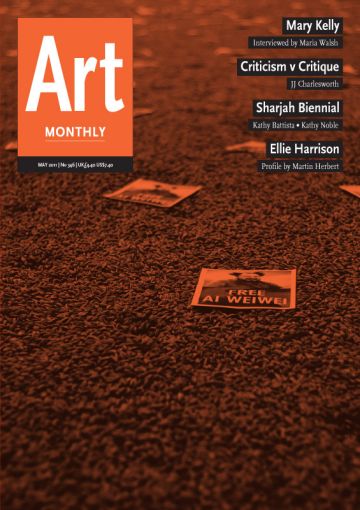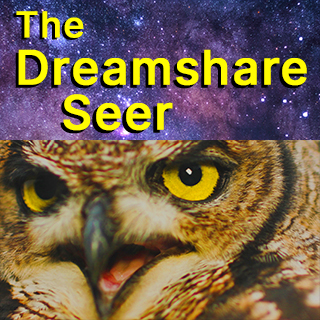Art Monthly 346
May 2011
Mary Kelly
Interviewed by Maria Walsh
Criticism v Critique
JJ Charlesworth
Sharjah Biennial
Kathy Battista • Kathy Noble
Ellie Harrison
Profile by Martin Herbert
Buy Now – select:
Want to read this right now?
Get instant access to the entire back catalogue via Exact Editions from only £8.99!
Contents
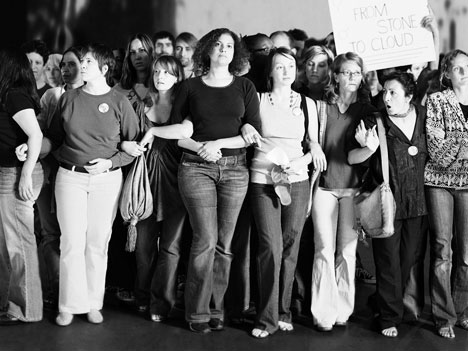
Mary Kelly Love Song: WLM Demo Remix 2005
Interview
Corpus
Mary Kelly interviewed by Maria Walsh
Following her pursuit of a radical practice based on psychoanalytical theories, LA-based Mary Kelly has become one of the most influential conceptual artists; her epic Post-Partum Document, 1973-79, is one of the movement's seminal artworks. Here, she discusses psychoanalysis, the development of Feminism, primal political scenes and non-monumental memorials.
'For me, Freudian psychoanalysis, and Lacan's reading of it, in particular, is more relevant. Its linguistic emphasis allows you to deal with the psychic structure of difference in ways that address sexuality in relation to other issues such as race and class. As Maud Mannoni says, "The specifically human environment is neither biological, nor social, but linguistic." That was my mantra for Post-Partum Document.'
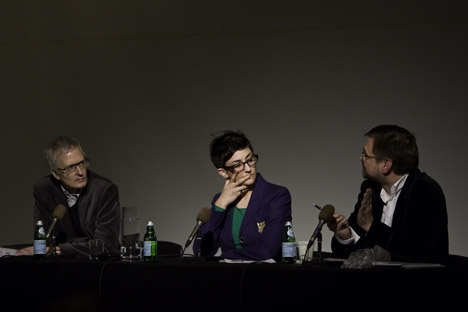
Judgment and Contemporary Art Criticism 2009: Jeff Derksen, Maria Fusco, Diedrich Diederichsen
Feature
Criticism v Critique
JJ Charlesworth critiques critique
While art criticism has always undergone periods of self-examination, the rise of theory has elevated critique to a point where it now shows disdain for its subjective sibling. But doesn't critique's obsession with subjectivity simply reveal its own limits, and leave criticism free to muddle along in its own messily effective way?
'It might be argued that the critique-criticism split is the outcome of the historical inability of those theoretical projects underpinning contemporary critique to intervene in, and win over, a broader audience on the conventional territory of art criticism.'
Comment
Editorial
Between a Rock and a Hard Place
China has recently embarked on a self-proclaimed strategy to gain global influence through the exercise of 'soft power', specifically by promoting its culture through worldwide cultural exchange. But doesn't China's decision to disappear its most important cultural representative, the internationally acclaimed contemporary artist Ai Weiwei, reveal precisely the kind of Orwellian 'doublethink' that crushes living culture in authoritarian regimes?
'Shaken by events in the Middle East, China has cracked down hard on all activists; but, in targeting Ai Weiwei, the authorities have acted perversely even by their own standards because, according to the Xinhua news agency, no longer satisfied with its economic achievements alone, China is now focusing on culture.'
Letters
Omar Kholeif takes issue with Peter Suchin's attack on practice-led Fine Art PhDs. Derek Guthrie, meanwhile, applauds Suchin's analysis of the 'postmodernist version of the 19th-century Academy'. Peter Suchin replies.
Artnotes
Ai Weiwei is disappeared by the Chinese authorities; director of the Sharjah Art Foundation Jack Persekian is summarily dismissed and artwork censored at the Sharjah Biennial; Arts Council England announces the results of its new National Portfolio funding arrangement, which replaces the Regularly Funded Organisations scheme and sees around 50 visual arts organisations lose their existing funding; Belfast-based Circa magazine has its funding cut and ceases publication; the Art Fund promises more money for national art acquisitions; all the latest news on new galleries, art world prizes and more.
Submissions: Send Artnotes info to artnotes@artmonthly.co.uk
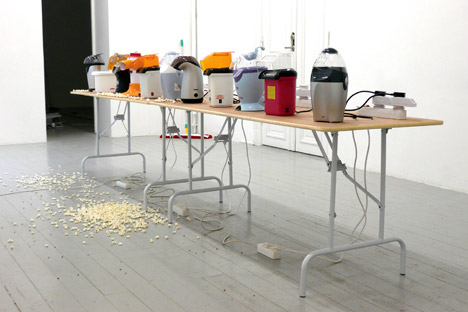
Ellie Harrison Financial Crisis 2009
Profile
Ellie Harrison
Martin Herbert profiles the Glasgow-based artist
Ellie Harrison began making works of obsessive documentation but has more recently turned her administrative bent towards political and activist-based art, launching a campaign to bring back British Rail and founding the Artist's Lottery Syndicate.
'Driven as she is by a politicised conscience, Harrison is equally aware of, and absorbs into her art, the problematics and contradictions that attend operating simultaneously as an artist, activist and administrator.'
Reviews
Exhibitions
Fred Wilson: Works 1993-2011
Karsten Schubert Gallery, London
David Trigg
Laurie Anderson, Trisha Brown, Gordon Matta-Clark: Pioneers of the Downtown Scene, New York 1970s
Barbican Art Gallery, London
Morgan Quaintance
Found in Translation
Guggenheim Museum, New York
Katie Kitamura
The Department of Wrong Answers
Wysing Arts Centre, Cambridge
Laura Allsop
Studies for an Exhibition
David Roberts Art Foundation, London
Chris Fite-Wassilak
Walls
Union Gallery, London
Peter Suchin
Ant Macari: Get out and troop the shape of a void
NGCA, Sunderland
Paul Usherwood
Margaret Salmon: Company
Void, Derry
Gail Prentice
Janice Kerbel
Chisenhale, London
Eliza Williams
Kateřina Šedá: Líšeň Profile
Millennium Gallery, Sheffield
David Briers
Structure and Material
Yorkshire Sculpture Park, Wakefield
Laura McLean-Ferris
Sharjah Biennial 10: Plot for A Biennial
various venues
Kathy Battista
Reviews
Performance
The Pedestrians
Rikke Hansen on Charles Atlas and Mika Tajima's perambulatory performances
'Recent months have seen the British public take to the streets to voice their opinions on educational cuts, healthcare politics and unemployment issues. While there is much frustration about the lack of efficacy of such actions, marching through the city still remains a favoured form of protest.'
Reviews
Books
High Price: Art Between the Market and Celebrity Culture
Maja and Reuben Fowkes on Isabelle Graw's study of the art market
'The book lays ultimate responsibility for the dramatic changes wrought on the art world in the last decade at the door of "cognitive capitalism". The artist as "creative non-conformist" has turned out – à la Boltanski and Chiapello – to be the ideal role model for the "entrepreneurial self" in a world in which everyone is expected to be as mobile, flexible and creative as possible.'
A Guide to the New Ruins of Great Britain
Colin Perry on Owen Hatherley's tour of the UK's urban architecture
'The implication of Hatherley's argument is a need to reassess the history of modernist architecture (tout court, not only in the UK) as a defence of social democracy.'
Reviews
Film
Mapping Subjectivity: Experimentation in Arab Cinema from the 1960s to Now
Omar Kholeif on Tate Modern's film screening
'When formulating discourses around cultural production one may question whether the identities that constitute the geographical and ideological Arab world should be presented together as uniform cultural outputs.'
Report
Conference
Sharjah
Kathy Noble on the ultimately explosive March Meeting in Sharjah
'Suddenly Jack Persekian began shouting at the technicians to turn Moukhtar Kocache's microphone off. At first Kocache thought it was a joke and laughed it off, continuing his thoughts, but Persekian became aggravated and shouted "what is wrong with you?" at the technicians until they turned it off.'
Listings
Exhibitions
Exhibition listings
Art Monthly's exhibition listings can also be viewed online.

